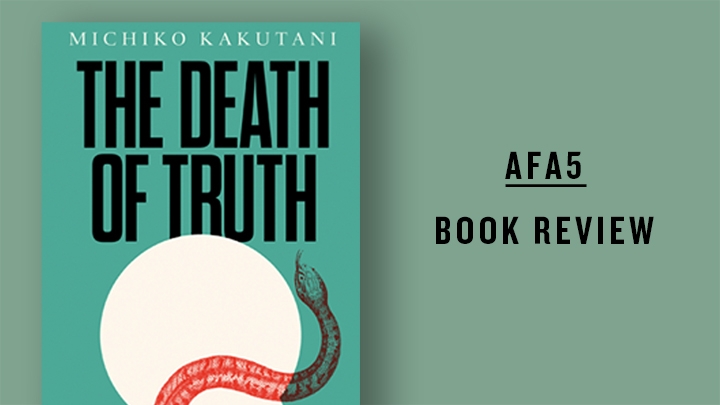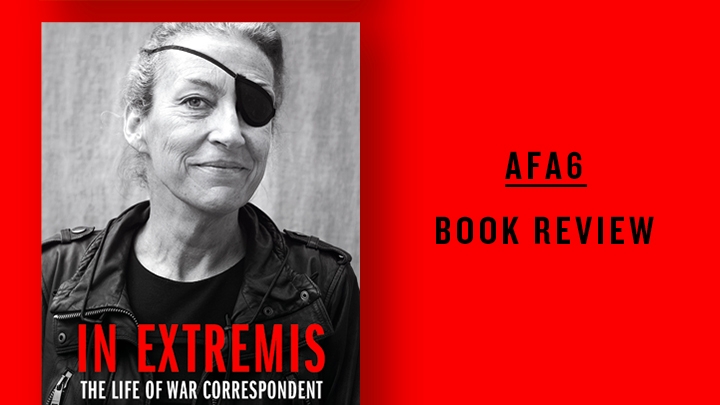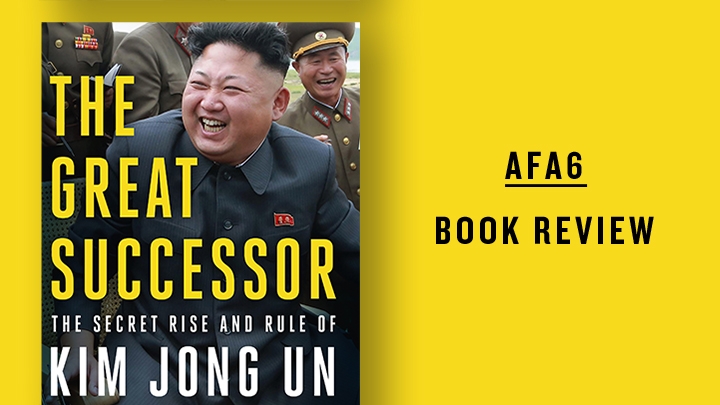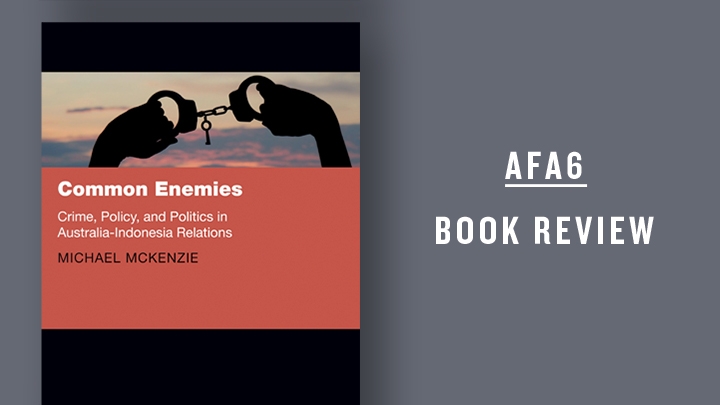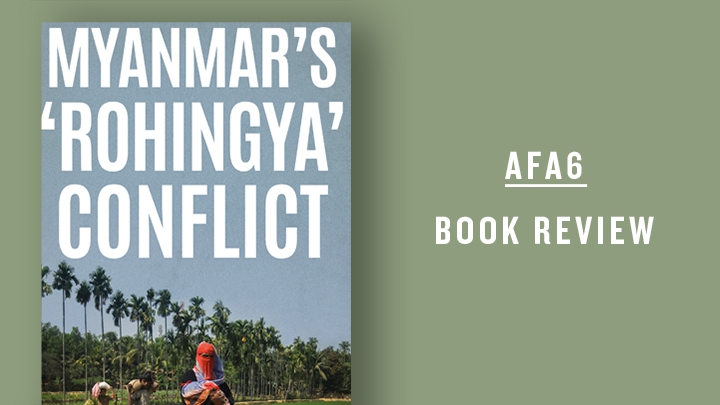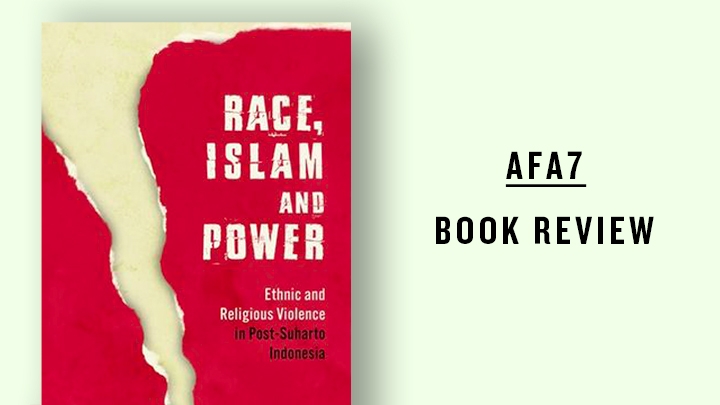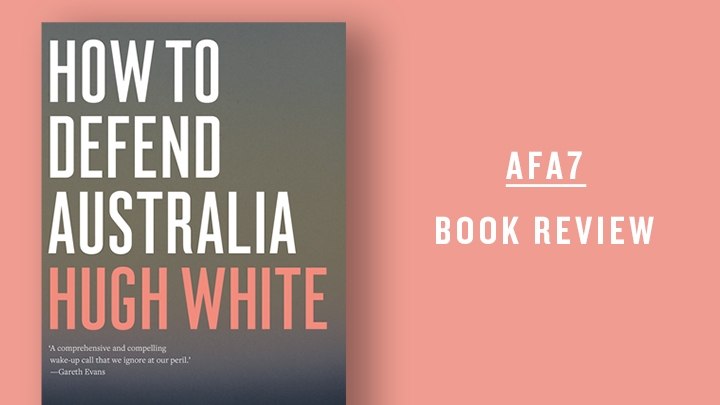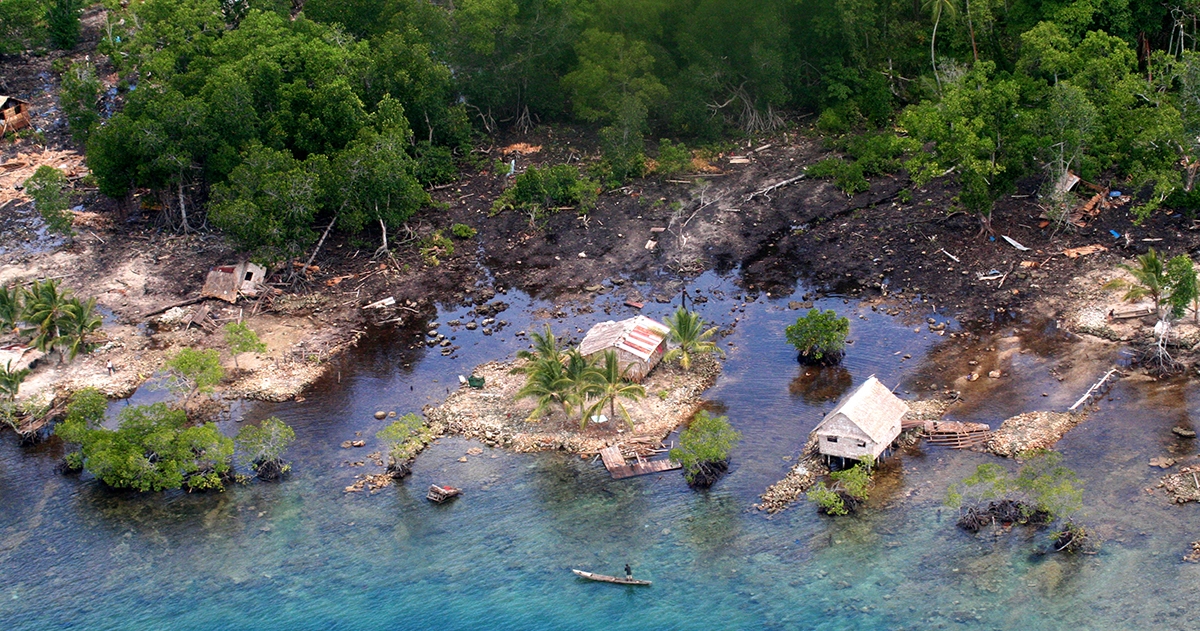The Death of Truth
Michiko Kakutani
William Collins
For an obituary, this is a disturbingly slender book. I looked at it askance for days, unopened on my desk: could the truth be dispatched in around 160 pages (plus notes)? If Michiko Kakutani, well-known former book critic for The New York Times, in possession of a Pulitzer Prize for Criticism, can kill it off with such apparent ease, with a flick of the pen, why has it been so hard to nail down all these years?





